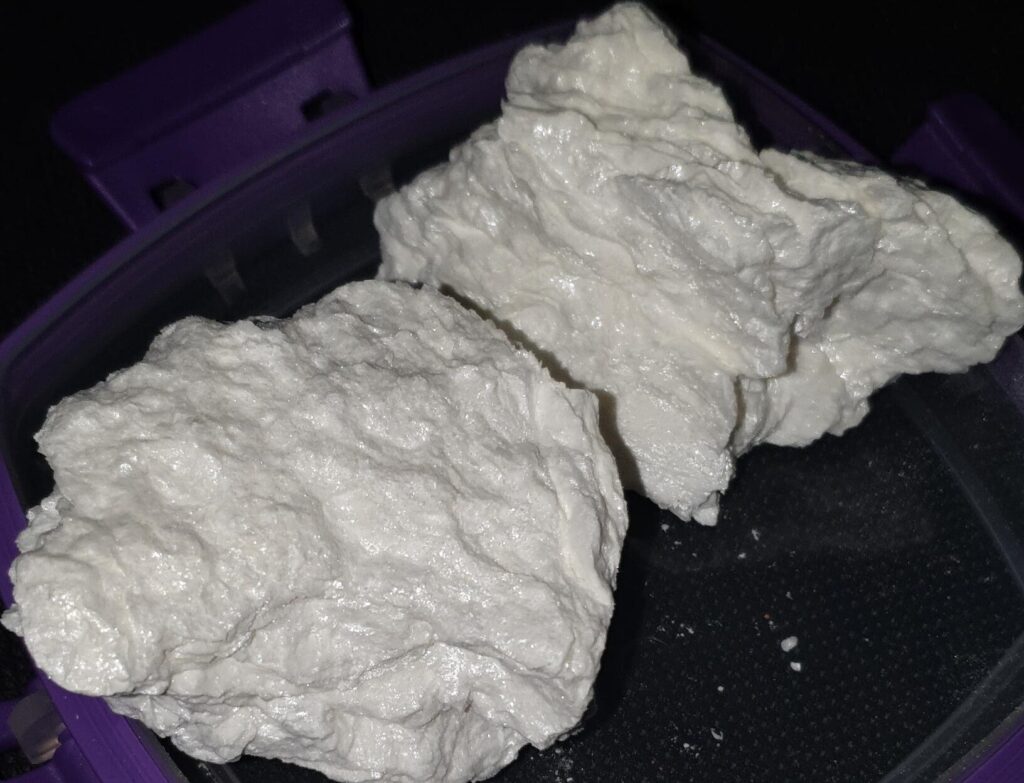Knowing how long does cocaine stay in your system is a vital information for everyone. Cocaine, a potent stimulant derived from the coca plant, is infamous for its short-lived yet powerful effects on the central nervous system. Whether you’re a recreational user or concerned about a drug test due to professional obligations, understanding how long cocaine stay in your urine is crucial. In this guide, we’ll delve into the factors affecting detection times, methods of testing, and strategies for managing detection periods.
Factors Affecting Detection Times and to know how long cocaine stay in your system
The duration on how long does cocaine stay in your system can vary widely from person to person. Several factors influence this time frame:
Frequency of Use: Regular users tend to metabolize cocaine more slowly, leading to longer detection windows compared to occasional users.
Dosage: Higher doses of cocaine can extend the detection period due to increased metabolites in the body.
Metabolism: Individual metabolic rates play a significant role. Those with faster metabolisms generally eliminate cocaine more quickly.
Body Mass Index (BMI): BMI can affect how drugs are distributed and stored in the body, potentially influencing detection times.
Hydration Levels: Proper hydration can expedite the elimination of cocaine and its metabolites through urine.
Purity of Cocaine: Higher purity cocaine can lead to longer detection times compared to lower purity substances.Detection Methods on how long cocaine stay in your system
Urine testing is one of the most common methods used to detect cocaine use due to its reliability and non-invasiveness. To know exactly how long does cocaine stay in your system, Here’s how it works:
Immunoassay Screening: Initial testing often involves immunoassay screening, which detects the presence of cocaine metabolites in urine. This method is quick and cost-effective but can sometimes produce false positives.
Confirmation Testing: Positive immunoassay results are typically confirmed using more precise methods like gas chromatography-mass spectrometry (GC-MS) or liquid chromatography-mass spectrometry (LC-MS). These tests accurately quantify the amount of cocaine metabolites present, confirming drug use beyond any doubt.
Detection Windows: Cocaine and its metabolites can typically be detected in urine for:
Occasional Users: Up to 2-4 days after use.
Regular Users: Up to 7-10 days or longer, depending on usage patterns.Managing Detection Times
If you’re facing a urine drug test and have used cocaine recently, here are some strategies to consider:
Abstinence: The most effective way to ensure a negative drug test result is to abstain from using cocaine.
Hydration: Drinking plenty of water can help flush out toxins from your system, potentially reducing detection times.
Healthy Diet and Exercise: Maintaining a healthy lifestyle can support your body's natural detoxification processes.
Avoidance of Triggers: Steer clear of environments or situations that might tempt you to use cocaine again, as continued use will prolong detection times.
Consultation with a Healthcare Professional: If you're concerned about drug testing or substance use, seeking advice from a healthcare provider or addiction specialist can provide tailored support and guidance.Legal and Professional Implications
After knowing how long does cocaine stay in your system from the above write up, It’s essential to understand the legal and professional consequences of cocaine use, especially in contexts where drug testing is mandatory. Positive test results can lead to disciplinary actions, legal repercussions, or even termination of employment, depending on your jurisdiction and employer policies.

Conclusion
In summary, the duration cocaine stays detectable in urine varies based on several factors, including frequency of use, dosage, metabolism, and testing methods. For occasional users, cocaine typically remains detectable for up to 2-4 days, while regular users may test positive for up to 7-10 days or longer. Managing detection times involves factors like hydration, abstinence, and a healthy lifestyle. If you’re facing a drug test, it’s crucial to be informed about detection windows and take proactive steps to support your health and well-being.
Understanding these dynamics empowers individuals to make informed decisions regarding substance use and prepares them for potential drug testing scenarios. For further information or personalized advice, consulting with healthcare professionals or addiction specialists is recommended.
Stay informed, stay safe, and prioritize your health above all else.